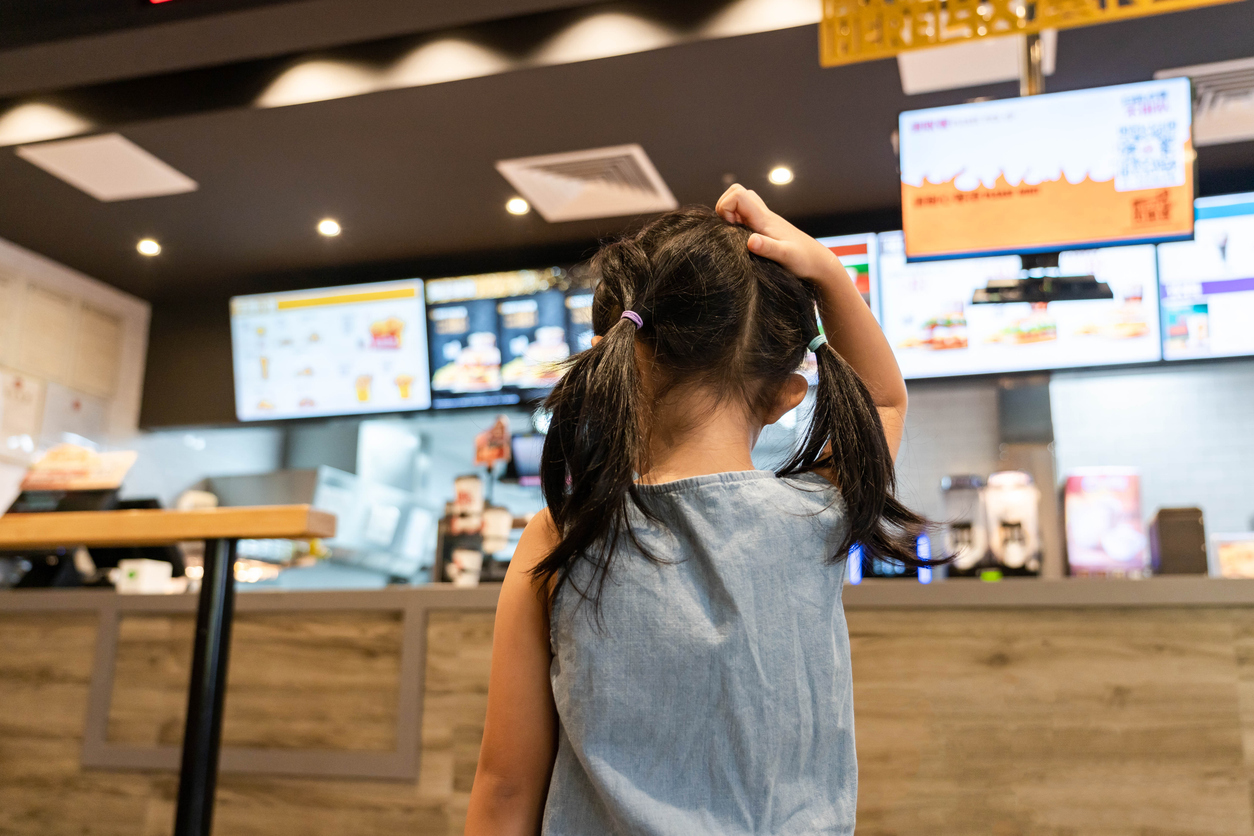While the idea of unified commerce isn’t necessarily new, multi-location restaurants are discovering the advantages of streamlining their operations to provide more seamless digital solutions for customers. Let’s explore how embracing unified commerce can transform your restaurant business, making every process from order taking to inventory management smoother and more efficient. Whether you're a small chain looking to grow or an established brand aiming to refine your operations, understanding how unified commerce works is the first step towards scaling your business.
What Is Unified Commerce For Restaurants?
Unified commerce represents a holistic approach to managing a restaurant's operations, integrating various channels, systems, and technologies into a single, cohesive platform. This concept goes beyond the traditional multichannel or even omnichannel strategies by not just linking different sales and service channels but fully merging them. The result is a seamless experience for both the customer and the business, where data flows effortlessly across all touchpoints.
At its core, unified commerce brings together online orders, in-store purchases, reservations, inventory management, loyalty programs, and more into one accessible database. This means that whether a customer places an order through an app, over the phone, or at a physical location, the system updates in real-time across all platforms. For restaurant owners and managers, this integration provides unparalleled visibility into operations, allowing for better decision-making based on comprehensive data analysis.
Why Is Unified Commerce Effective For A Restaurant Business?
The concept of unified commerce has become increasingly important in the restaurant industry as more customers expect a seamless experience when ordering food. With the rise of delivery apps and online ordering, restaurants need to be able to handle orders from multiple channels without sacrificing efficiency or accuracy.
Unified ecommerce allows for a central system that can manage all aspects of a restaurant's operations. This includes inventory management, order processing, customer data, loyalty programs, and more. By having everything in one place, restaurant owners and managers have a complete view of their business at all times.
This level of integration also ensures consistency across all touchpoints for customers. Whether they place an order or interact with the restaurant, the information is updated in real-time and accessible across all platforms.
5 Tips For Implementing Unified Commerce In Your Restaurant
Restaurant owners and managers looking to implement unified commerce can follow these tips to ensure a smooth transition:
Evaluate The Guest Experience
Scaling your restaurant technology to support unified commerce requires a thorough evaluation of the guest experience. This includes taking into account how customers interact with your brand, from placing an order to receiving their food. Note any pain points or areas for improvement in the current process and consider how implementing unified commerce can streamline these interactions for a seamless guest experience.
Take Stock Of Your Tech Stack
Assess your current technology infrastructure and determine if it can support unified commerce. This includes point-of-sale systems, online ordering platforms, loyalty programs, and any other software or hardware used in your restaurant. If there are any gaps or outdated systems, now is the time to upgrade and ensure compatibility with a unified commerce approach.
Identify Data’s Role In Your Restaurant Operation
Restaurant data is vital for understanding customer preferences, trends, and overall performance. With unified commerce, all systems are connected and share data in real time, providing a holistic view of your restaurant operations. This allows you to make informed decisions about menu offerings, marketing strategies, and staffing needs.
Focus On The Intersections
Integration with a unified commerce approach also means that your restaurant can offer a seamless experience for customers, whether they are ordering in-person or online. This eliminates the frustration of having to switch between multiple systems and ensures consistent data across all channels. Additionally, with data from both point-of-sale systems and online ordering platforms, you can gain insights into customer behavior and tailor your offerings accordingly.
Find A Solid Partner
Find a technology partner that specializes in restaurant management systems and has a proven track record of successful implementations. They should offer ongoing support, training, and updates to ensure your system is always running smoothly and meeting your needs. Look for a partner who values collaboration and works closely with you to understand your unique business goals.
Benefits Of Unified Commerce For Restaurants
Scale your restaurant's experience by implementing a unified commerce system. This will allow you to seamlessly integrate all your systems and channels, giving you a holistic view of your business operations. Here are some ways unified commerce can benefit your restaurant:
Integrated Systems
Restaurants often deal with multiple systems and platforms, from POS and inventory management to online ordering and delivery channels. This can lead to disconnected data, inefficiencies, and a lack of visibility into overall business performance. With unified commerce, all these disparate systems are integrated into one central platform, allowing for real-time data sharing, streamlined operations, and better decision-making.
Improved Customer Experience With Third-Parties
The use of third-party feature platforms is becoming increasingly popular in the restaurant industry. These platforms offer specialized features such as loyalty programs, online ordering, and delivery management. With unified commerce, you can easily integrate these features into your existing systems without additional costs, allowing for a more efficient and seamless customer experience.
Enhanced Online Sales
Online sales have become a vital aspect of the restaurant industry, especially in light of recent events. With unified commerce, you can easily manage and track online sales through a single platform, making it easier to analyze trends, monitor inventory levels, and make strategic decisions. Additionally, with the ability to integrate 3rd party feature platforms, you can enhance your online sales by offering convenient options such as loyalty programs and online ordering.
Better Customer Experiences
Tech-savvy customers are continuously seeking new and innovative ways to engage with businesses. By leveraging unified commerce, you can tap into these potential revenue streams by offering services such as personalized promotions and mobile ordering. With all sales channels connected through one system, it becomes easier to manage and provide a seamless experience for your customers.
Scale Your Digital Ordering Experience With Checkmate
Checkmate ordering solutions enable restaurants to unify their digital experience and expand their reach. With advanced technology and hands-on support, we make it easy to configure your online ordering and delivery options across every location. Contact us to learn more about unifying your digital business for both you and your customers!





